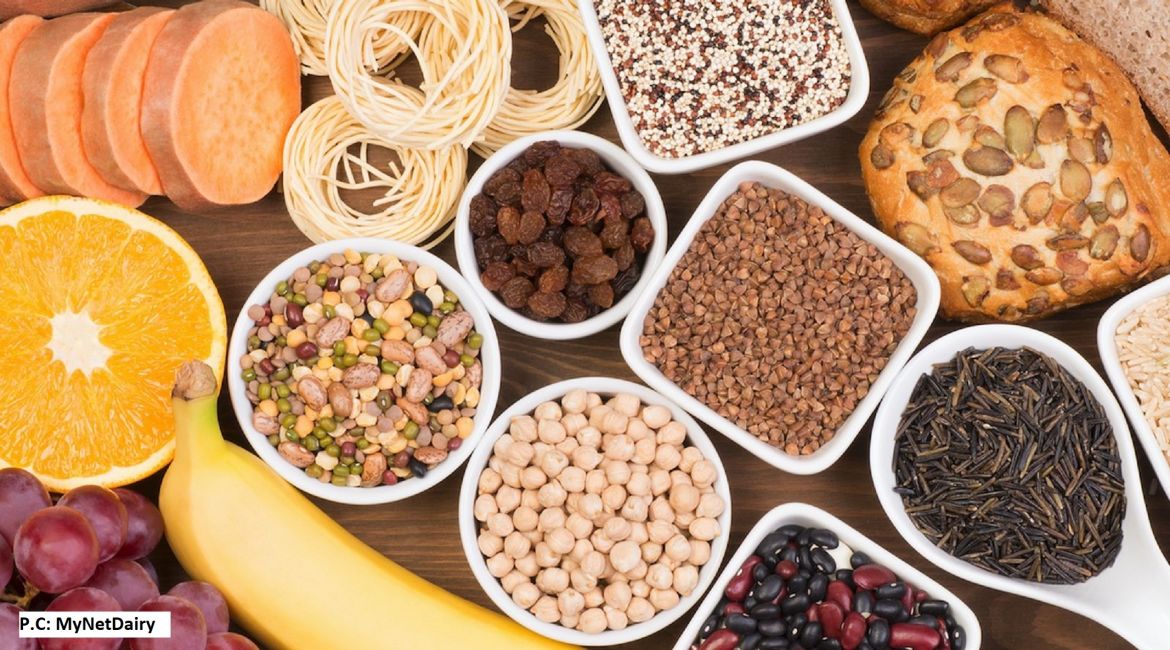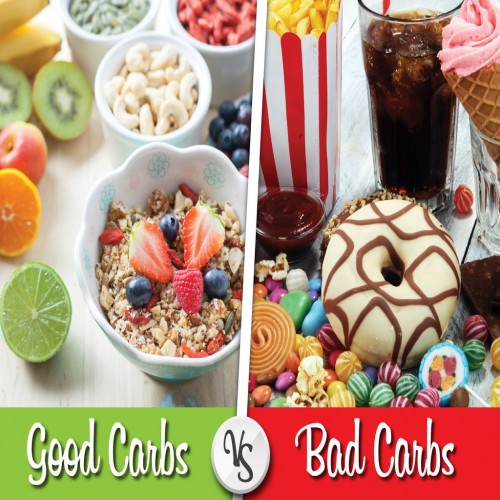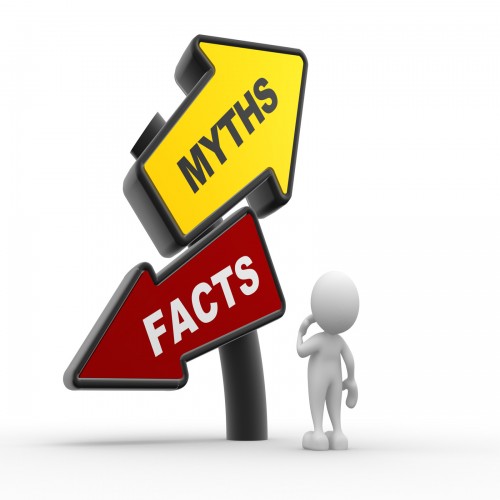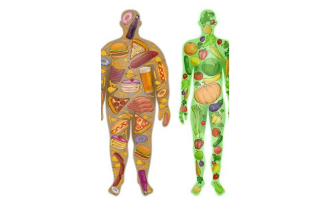Is really carbohydrate bad for you: Know about the facts of carbohydrates

Nowadays people are very conscious of their physique. Most people are trying to follow various kinds of diet plans to maintain their body weight. Sometimes people try to follow the zero-carb diet for a long time to get quick results. They even try to skip most carbohydrates from their diet plan.
Now the question is, is it really good to avoid carbohydrates for a long time, or if anyone needs to reduce the intake of carbohydrates then which type of foods they need to avoid?
|
Headlines of this article 2. Types of carbohydrate that are mainly found in foods 4. The recommendation about the carbohydrate intake 5. Glycemic index and glycemic load 6. A common myth about carbohydrate intake 7. Bottom line 8. References
|
Let’s discuss briefly;
What is carbohydrate:

Carbohydrate is one of three macronutrients (other are protein and fat) of foods which is structurally forms by carbon (C), hydrogen (H), and oxygen (O) atoms.
Energy production is the main function of carbohydrates. In developing countries, around 50-70% of calories come from carbohydrate consumption.
Types of carbohydrate that are mainly found in foods:
There are three types of carbohydrates that are mainly found in food, like:
- Sugar: Sugar is a sweet monosaccharide (single-chain carbohydrate) like glucose, fructose, sucrose, galactose.
- Starch is a polysaccharide, which is mainly found in pasta, rice, wheat grain products, potatoes, etc.
- Fiber is mainly found in vegetables, fruits, pulses, whole grain products, etc.
Choose the right one:
 The main function of carbohydrates is to supply energy to our body. Every carbohydrate is not the same.
The main function of carbohydrates is to supply energy to our body. Every carbohydrate is not the same.
The excess consumption of refined carbs, mostly sugar-related products like cake, sweet drinks, candies, pastries, or refined flour-related products, etc. is linked with some health issues like obesity, diabetes-II, heart diseases, etc. Because these are considered “empty” calories, they are digested easily and raise the blood sugar level very quickly. Also, the other essential nutrients are absent in these types of foods. Therefore, you need to take these types of food items in a limited amount or avoid it.
On the other hand, food items like vegetables, fruits, whole wheat products like brown rice, oats, pulses, etc., contain carbohydrates. However, they are also loaded with fiber, vitamins, minerals, and protein. This type of carbohydrate takes more time to digest, which helps to control the blood sugar level and feel full for a long time. Therefore, it will help to control the body weight, control blood sugar level, etc.
The recommendation about the carbohydrate intake:
According to ICMR (Indian Council of Medical Research) and NIN (National Institute of Nutrition), the carbohydrate recommendation RDA (Recommended Dietary Allowance) for an Indian adult is 130 g/day.
“The Dietary Guidelines for Americans recommends that carbohydrates make up 45 to 65 percent of your total daily calories” according to Mayo Clinic.
Glycemic index and glycemic load:
The glycemic index (GI) ranks foods on the basis of the number (1-100) that how fast it will digest, mix with the bloodstream and raise the sugar level after consuming the carbohydrate-rich foods. The food which is higher in rank, that raises the blood glucose level fast.
The GI of foods is categorized into three groups: a GI value below 55 is defined as low, 56 to 69 as moderate, and 70 and above as high. However, some foods are here which have high GI value but also contain other essential nutrients also. In that case, you also need to focus on how much amount of food you consume. Some studies explain that only GI is not a reliable source to choose the best food which helps to lose weight or be healthy. As a result, more research is required on the topic.
List of Glycemic Index for most common food items
Glycemic load is the estimated number that measures how much amount of carbohydrate of food raises the blood sugar level after consumption. The Glycemic load is more reliable than the Glycemic Index. For example, the Glycemic Index of watermelon is very high (around 80), but the Glycemic load of the same serving of watermelon is around 5, which is very low.
A common myth about carbohydrate intake:
-
 Avoid carbohydrate-rich foods to lose weight quickly:
Avoid carbohydrate-rich foods to lose weight quickly:
The statement is not exactly true. Carbohydrate means not only the “empty-calorie”. It also includes fiber, starch, and also other nutrients. So, you need to choose the right option for consumption and also need to focus on the portion.
Avoid refined sugar or sugar-related products like cake, cookies, biscuits, candies, table sugar, sugary drinks, or refined flour-related products. These are not healthy at all. Include vegetables, fruits, whole wheat flour, oats, brown rice, etc. in your diet.
-
Fruits are loaded with carbohydrates, need to avoid it:
It’s true that fruits are the source of natural sugar in the form of fructose. Along with this, we need to remember that fruits are also loaded with other essential nutrients like fiber, vitamins, and minerals.
So, if you believe in this statement and avoid fruit consumption, you will also lose the other essential nutrients which are needed for your health. Diabetic patients need to take some fruits in a limited amount like banana, mango, jackfruits, sapota, dates, raisin, etc., and it’s better to avoid fruit juice.
Bottom line:
All carbohydrate-rich foods are not bad at all. You need to choose the right one and also need to focus on the amount of consumption level. Therefore, don’t believe in the myth, choose the correct option, and stay healthy.
- https://www.health.harvard.edu/diseases-and-conditions/glycemic-index-and-glycemic-load-for-100-foods
- https://www.health.harvard.edu/healthbeat/a-good-guide-to-good-carbs-the-glycemic-index
- https://www.healthline.com/nutrition/good-carbs-bad-carbs#TOC_TITLE_HDR_6
- https://www.mayoclinic.org/healthy-lifestyle/nutrition-and-healthy-eating/in-depth/carbohydrates/art-20045705
- Nutrient Requirements for Indians – 2020, Indian Council of Medical Research, National Institute of Nutrition, ICMR-National Institute of Nutrition, Hyderabad.












0 Comments